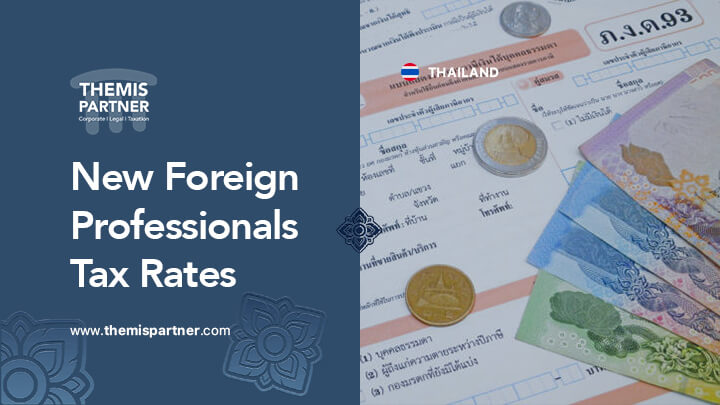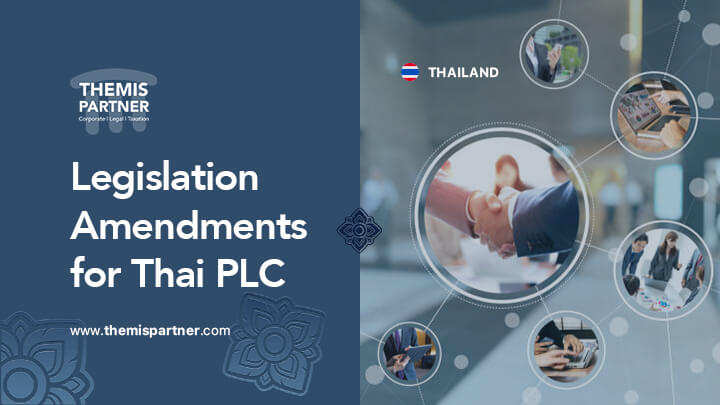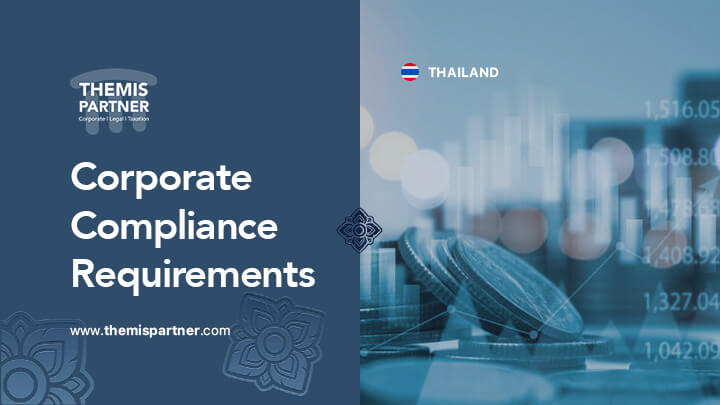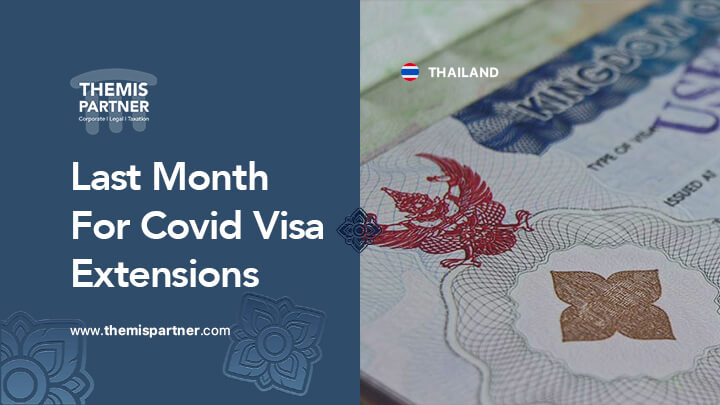A new long-term visa for Thailand after covid
This new long term visa initiative in Thailand aims to increase investment by attracting wealthy foreigners and also aims to attract highly skilled professionals to bring sought after skills to the country. This measure, which aims to revive the economy after COVID-19, will come into effect next year.
Eligibility criteria for the new long term Thai visa
ℹ️ This visa targets four specific broad groups of foreigners, namely high net worth foreigners, high net worth retirees, high income professionals and highly skilled professionals. You can therefore find the types of long term visa mainly concerned: the business visa, the retirement visa, the elite visa and the smart visa.
For high net worth foreigners, the qualification criteria are as follows:
| ➤ Have income in excess of $80,000 over a two-year period |
| ➤ Have assets worth at least $1 million |
| ➤ Invest up to $500,000 in Thai government bonds or real estate |










